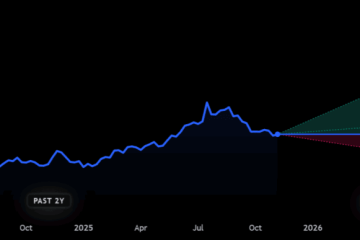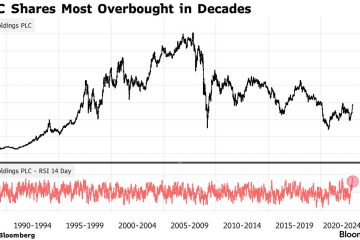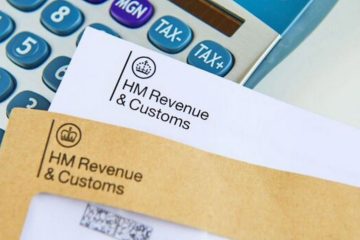Tax Crackdown on Savings Accounts: What You Need to Know

Introduction
The issue of taxation on savings accounts has become increasingly significant in the UK as the government implements a new tax crackdown. With rising inflation and interest rates, policymakers aim to address tax compliance and limit tax evasion in order to protect public revenue. Many taxpayers are now left wondering how these changes will affect their savings and overall financial planning.
Recent Developments
In October 2023, HM Revenue and Customs (HMRC) announced tighter regulations on savings accounts, particularly targeting interest earned on these accounts. Tax authorities are now equipped with enhanced analytics and data-sharing capabilities, allowing them to better track unreported income from savings. This crackdown comes on the heels of an increase in the personal savings allowance, which allows most individuals to earn up to £1,000 in interest without paying tax.
Under this new policy, however, HMRC is focusing on accounts that may not fully comply with reporting requirements. Accounts held with various banks and financial institutions are subject to disclosures of interest earned, and any discrepancies can lead to investigations and potential penalties.
Impact on Savers
The repercussions of this tax crackdown are particularly important for middle-class savers, as many may have several accounts across different banks. For these individuals, the overall interest earned may collectively exceed their personal savings allowance without them realising it. Consequently, taxpayers may be unexpectedly liable for taxes on their interest earnings.
Experts are urging savers to remain vigilant about their accounts and report all interest income accurately. Financial advisors recommend that individuals regularly review their savings and keep meticulous records to avoid pitfalls associated with the crackdown.
Future Outlook
This tax crackdown is expected to continue as the government seeks to fill gaps in revenue from the growing financial services sector. While the immediate future for savers may appear challenging, it is also a call to better financial literacy among the public. Understanding tax responsibilities is essential in today’s economic climate.
Conclusion
In conclusion, the new tax crackdown on savings accounts highlights the importance of transparency and compliance for taxpayers. As the government implements these regulations, savers must take proactive steps to understand their financial positions and remain informed of their obligations. This awareness could protect them from unexpected tax liabilities and enhance their overall financial well-being.









